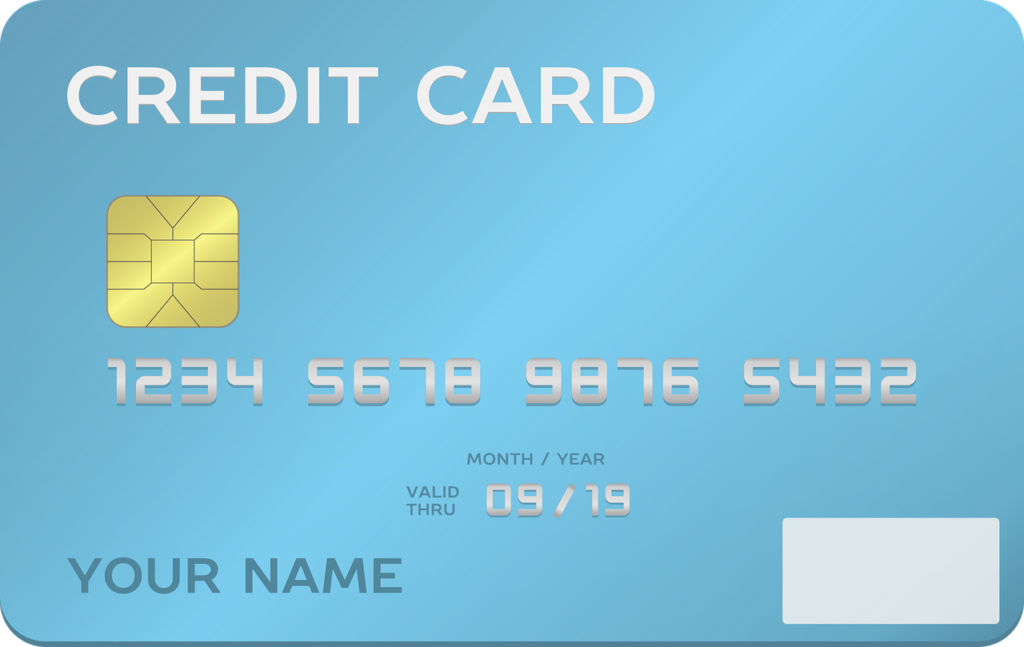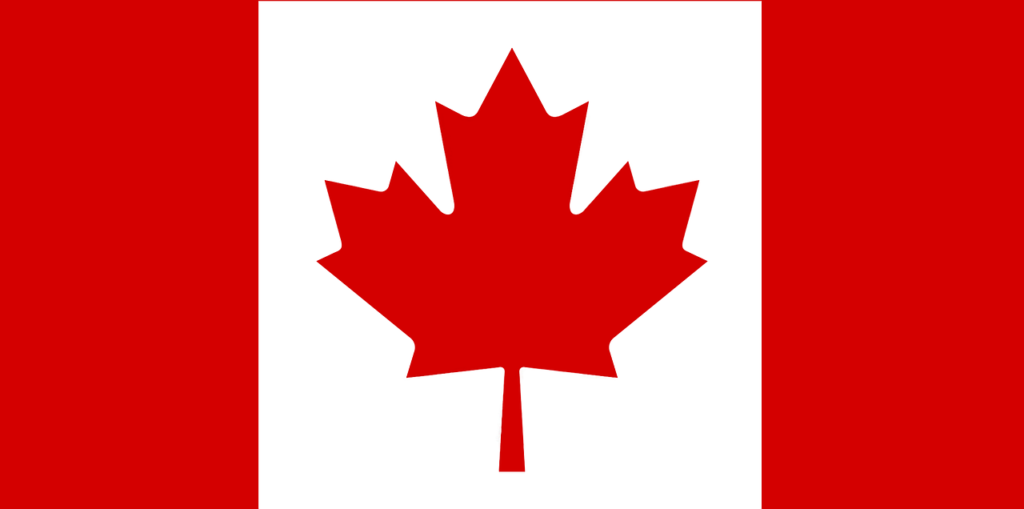This post may contain affiliate links, which at no cost to you, Wanderer Mom may earn a small commission if you click through and make a purchase. Please read full disclosure here. Thank you for choosing to support this blog, Wanderer Mom.
There are a few matters you need to do in your first two weeks in Canada as an international student or a new immigrant. First and foremost, congratulations as you made it to Canada! A new life in Canada awaits! Before you begin an exciting journey as a newcomer in Canada, you need to tackle a few tasks first, and I highly recommend completing these things during your first two weeks in Canada.
Disclaimer: I am not an immigration consultant or lawyer. I am simply sharing information based on my personal experience and research. Please do your own diligence as information contained may be outdated or may not be applicable to your personal circumstances.
READ ALSO:
Best Resources of Part-time Jobs for International Students in Canada
Things to Consider Before Applying Part-Time Jobs in Canada for International Students
Here are seven things you need to do during your first two weeks in Canada:
1. Get a SIN number
A SIN number is a short-term for Canadian Social Insurance Number. It is a nine-digit number that a government will issue to you as a form of identification. It will be associated with you when you transact in government agencies. Once you have this, please keep it in a safe place and never show or give your SIN number unnecessarily. Treat your SIN as one of your precious personal ID much like your passport.
Why do you need a SIN number?
To give you an idea of why you need a SIN number, I have listed down below some of the scenarios that you will require a SIN number:
• You will need a SIN number when you apply for a job. If you plan to work part-time while studying in Canada, the employer will ask you for your SIN number for tax and insurance purposes. You need not give your SIN number when you are only being interviewed or applying for a job. However, once you get a job offer and accept it, you will have to provide your SIN number to your employer.
• You will need to provide your SIN number when you file your taxes and or apply for personal benefits like employment insurance
• Some banks ask for a SIN number as part of their requirements when opening a bank account with an interest or an investment account.
Get Kids Apparel Only $9.99 at Reebok with code: KIDS
Where can you apply for a SIN number?
You can obtain your SIN number from Service Canada. You may find a Service Canada upon your arrival at the airport and directly apply there if you have ample time. Otherwise, you may visit other branches near your place and apply in person. You may also apply for a SIN number via online and mail application.
What are the requirements when applying for a SIN number?
The requirements for online, by mail, or in-person application for SIN numbers are here.
Have all your primary documents, secondary documents, and supporting documents ready.
Just a note here as it can get confusing with a lot of information, for temporary residents (Study Permit, OWP holders),
the primary documents issued by IRCC or CIC include:
-Study Permit
-Work Permit
-Visitor Record
Secondary document example includes:
-Passport
Supporting document example includes:
-marriage certificate or record of solemnization of marriage
Again, all information about eligibility and the required documents for applying for a SIN number can be found here.

2. Get a local sim card or mobile data plan
It was the very first thing that we did on our first day in Canada. You need to have your local cellphone number and a data plan to prevent the high cost of roaming services. Never rely on WiFi alone. You will need a data plan, especially when navigating unfamiliar places. For sure, you will need Google as your friend.
Also, you will be asked for a cellphone number when you apply to open a bank account. So, make sure you have your local cellphone number as one of your priorities on day one. Also, you would want to immediately update your loved ones and friends back home of your new number in Canada.
Can you bring your own phone and buy a sim card?
The simple answer to this question is, yes, you can buy a sim card with a prepaid plan.
My first local cellphone number was a prepaid too from Chatr. My monthly charges back then were $35 with 2 GB of data at 3G speed. It also includes unlimited Canada-wide talk time and unlimited text to Canada. I find Chatr considerably offers lower than other Canadian mobile phone providers like Roger and Virgin Mobile. Other known mobile providers are Fido, Telus, Freedom mobile.
It’s Fall season, get up to 50% discount from Reebok’s Seasonal Sale. Use my coupon code: FALL

How much does a mobile data plan cost in Canada?
A mobile data plan probably costs around $50 per month to $60 per month or more. Price varies with mobile plan providers.
If you are an international student, you may want to start with at least a 5GB plan that will allow you to use and check your e-mail accounts and social media accounts.
In general, the Canadian mobile phone plan is pricier than other countries. I came from Singapore and used Circles. I got a 20GB for only $18 per month with a free 100 minutes plan talk time and a free caller ID. But this type of mobile plan seems unlikely here in Canada. So be careful in your data usage as it could cost you a lot if overused.
TIP: Check the mobile data provider’s coverage in your area first and the place where you will be frequent. It would be good to research as some mobile data providers might not have good coverage in specific areas or locations. For this reason, I opted for a prepaid plan first rather than a contract plan. While it is not easy to change mobile providers, it gives me the flexibility to move to a new provider when I am not happy with the coverage or want to do so for other reasons such as price and features.
A contract plan, on the other, is a plan where you are tied to pay for a minimum of one year or two years, and you are paying the monthly charges. Choose a mobile plan that is most suitable for your monthly budget, useability, and functionality.

3. Open a Canadian bank account
As an international student, you can open a bank account in Canada. Your spouse or common-law partner can also open his bank account even if he has no job yet.
Types of Canadian bank account you can open:
a. Chequing account – this type of account usually comes with a debit card. In most cases, many people utilize chequing account for their day-to-day banking needs. When you open an account, you will be issued a debit card associated with your chequing account. Most Canadian banks offer a promotion for newcomer or international students. Bear in mind, some banks have associated monthly fees for a chequing account, and some waived the monthly charges for the first year. Be sure to check this out before signing.
b. Savings account – A savings account offers a slightly higher interest rate than a chequing account. If you intend to save up a portion of your money, you may opt to open a savings account as well and gain from a higher interest offer.
c. Investment account – As an international student, this may not be your priority yet the first time you open an account. However, you may be thinking of apportioning some of your savings or money to an investment soon. In this case, it is best to schedule another visit to your bank and talk to a personal banker to assist you.
Commonly used banks for international students that may offer lower monthly transactions fees are:

READ ALSO:
Best Resources of Part-time Jobs for International Students in Canada
Things to Consider Before Applying Part-Time Jobs in Canada for International Students
Can International students apply for a credit card in Canada?
As an international student, you can obtain yourself a credit card in Canada. Most banks offer promotions for international students. Owning a credit card is an important decision. Bear in mind that a credit card allows you to borrow money from the bank, and you will have to pay for the borrowed money with interest.
Having a credit card in Canada is essential if you are thinking of migrating here for the long term. It will help you build your credit score early on, and this is crucial if you are planning to buy a house and apply for a mortgage soon. With a high credit score, you will get easy approval on a loan or mortgage. So, use your credit card as a tool only to build up your credit score.
Our banker mentioned that it is advisable to utilize and not exceed more than 30 percent of your credit limit each month to build a good credit score.
Disclaimer: I am in no way a financial expert or banker. I am merely sharing based on my opinion and personal experience. It is best to consult your bank to get accurate information and financial advice.
TIP: Take advantage of the high rewards offered by credit card companies. Watch out for some cashback rewards and ask your bank how you can obtain them. Some banks offer up to $300 cash back when you apply for a credit card for the first time. You can go back to the Canadian banks I mentioned here and check if they have such offers.
4. Register your son or daughter to school.
It’s one of the priorities my husband and I settled during our first week in Canada. Initially, we registered our daughter to TCDSB (Toronto Catholic District School Board). She was turning grade four then.
Choose a school that is walking distance from your home so it will be convenient for the whole family as it can be challenging during wintertime. If you are in Toronto area, you can find a school in the previous link provided here or simply search Google maps on nearby schools around your home/apartment.
What are the requirements to register your child in public school (in this case at TCDSB):
It is best to contact the TCDSB directly here and contact their staff who handles international students and ensure all requirements are complete before heading down. They usually accept registration by appointment only. You can find the TCDSB contact here and hover down to their homepage footer under Admissions/Registration.
We were required to produce the following documents for the school registration of my child:
a. Proof of Identification (child and parents)
b. Study Permit (child)
c. Work Permit and/Study Permit of the parents
d. Proof of Address
e. Immunization Record
f. Report Card from the previous schoo

5. Familiarize yourself with your local city, neighbourhood, and local services.
Once you have your local mobile number, time to go out, obtain a map, and navigate your local area. It can be a little intimidating if you are in an unfamiliar place. So, the first thing you need to do on your first week in Canada is to get familiar with your local surrounding and the local services available. Figure out the nearest grocery shop, pharmacy, school, medical clinic, etc.
Familiarize yourself with the places you will need to go frequently and figure out the fastest route when available. If you researched online and still find it hard to figure out your way, there is no harm in asking the officer-on-duty in the train station or bus station. You may also call their hotline number. It is better to know your way to commute rather than get lost.
In your first few months in Canada, you will need to commute unless you choose to obtain a driver’s license soon. In both cases, you still need to be familiar with your local city area.
If you are Toronto-based, you can buy the Presto Card monthly transportation pass for use on the train and bus. If you are Vancouver-based, they call the train pass Compass Card.
6. Settle Your Health Card and Health Insurance
If you are coming to Canada as an international student, you would have already paid your health insurance together with your school tuition fee before your arrival. Otherwise, you would need to settle your health insurance and that of your dependents coming with you. It is recommended that you get a separate health insurance for the first 3 months for your dependants from another insurance company if your OWP is not working yet.
You can also add your dependents in your school insurance if you want to. Check your school coordinator or your school insurance provider for details. In my case, I opted in getting from another insurance company. Anyway, all these will save you the trouble of incurring unexpected medical costs in case an emergency happens. (knock on wood)
If your OWP (Open work permit holder) already got a job offer of at least six months in length by contract or full-time employment from a Canadian employer, you as the SP holder and your child dependent will be able to obtain the health card. In Toronto, they call it OHIP, and here in Vancouver, they call it MSP. The health card is essential as it will allow you and your family to utilize the medical insurance benefits from the government.
To learn more if you and your dependents are qualified for OHIP, please visit their website here. If you are currently in British Columbia, you can find more about how to apply for MSP here.
7. Apply for a Driver’s License
You may be able to drive around British Columbia up to 90 days if you are holding a driver’s license from other Canada provinces and/or from another country. Do inquire and check how you can obtain a driver’s license at their website here.
It is recommended to obtain a driver’s license or convert your home country driver’s license as soon as you can and even if you have no intention to buy a car yet. If you are living in Vancouver city and the train station is just a few blocks away, you may find it unnecessary to buy a car. But if you are living in a suburb area, having a car would be a convenient option as traveling by bus and train in and around Canada in general could take a huge amount of your time.
In Summary, here are the seven things you need to do during your first two weeks in Canada as an international student or a new immigrant:
- Get a SIN number
- Get a local sim card and mobile data plan
- Open a Canadian bank account
- Register your son/daughter to school
- Familiarise yourself with your local city, neighbourhood, and local services
- Settle your Health card and Health insurance
- Apply for a Driver’s License
Do you have other “to do’s” that are not listed above. Feel free to share in the comment box so that many international student families will benefit.



This is such a nice post! Thanks for sharing this information. Keep sharing!